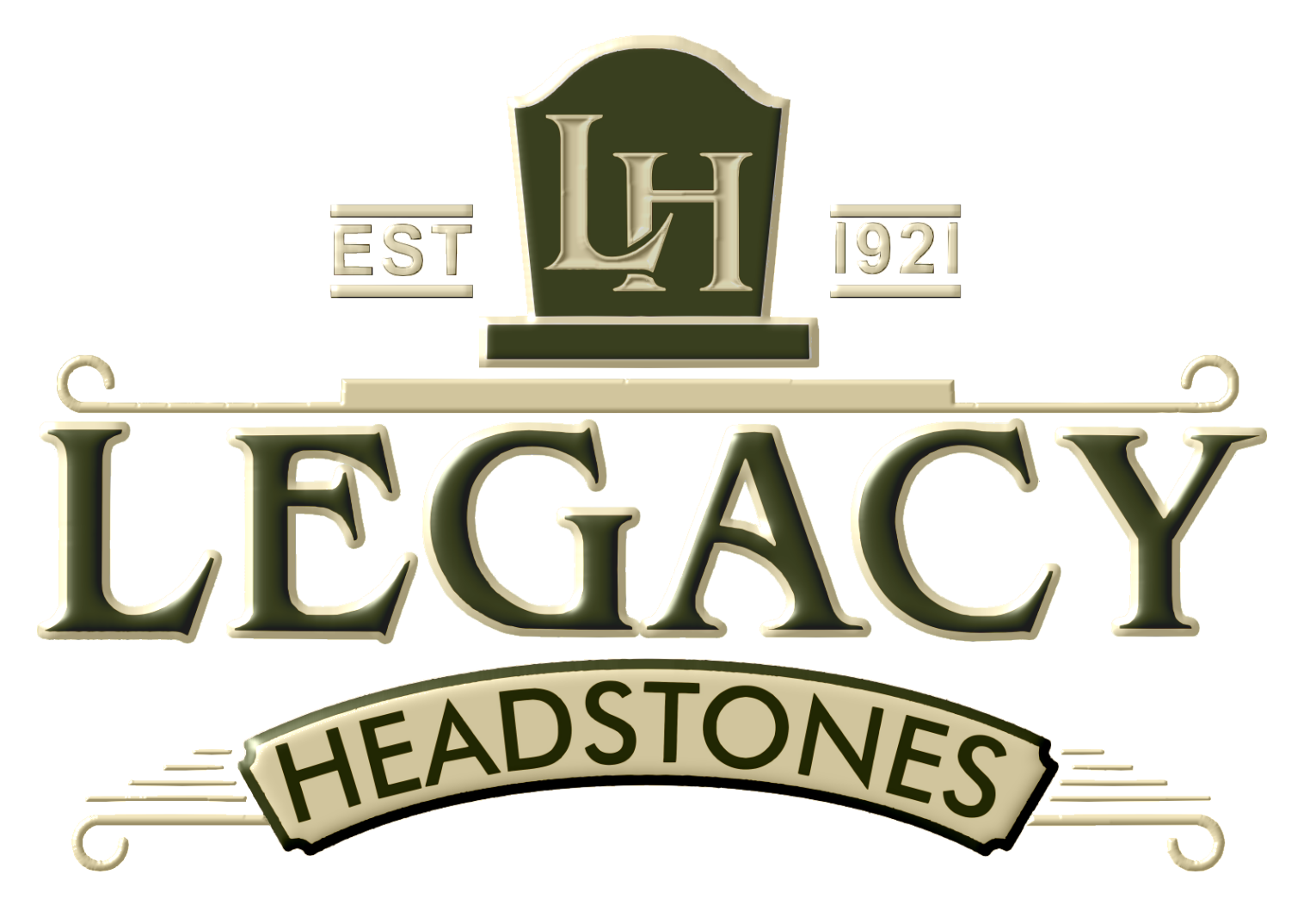It is never too late or too early to begin thinking about a will and estate planning. While death remains a topic many of us may feel uncomfortable considering, for family and friends, you may never know how much you will help them during the heartbreaking time of mourning when they need it most.
If you’ve never thought of creating a will or an estate plan or began to, but got lost in the weeds of details and feel confused—we’re here to help. This article will start at the very beginning, giving you the basics of wills and estate planning so that you can take steps to ensure your legacy and assist family and friends during grief.
What is a Will?
A will is a legal document that sets forth your wishes regarding the distribution of your property and the care of any children, pets, and family members after your passing. Should you pass without a will, especially without discussing what you would like to happen after you die—most likely, those wishes will not be carried out. Further, your children or family may spend additional time, money, and emotional energy trying to settle your affairs after you are gone.
Though a will, or last will and testament, may not resolve every family issue after your passing, a will comes very close and is a vital document for everyone.
What is Estate Planning?
Everyone has an estate—even you. Your estate is comprised of everything you own: a home, vehicle, other real estate, checking and savings accounts, investments, life insurance, furniture, or personal possessions. There’s no limit to how large or modest your belongings are; everyone has an estate.
Estate planning is leaving directions for the dispersal of your estate, whether you wish to leave it in the hands of family, children, or organizations you most care about. Depending on the state’s law, your entire estate also satisfies any outstanding debts you may have after you pass, which can significantly reduce the value of your estate. That means that if your debt overshadows the entire size of your estate, there will, unfortunately, be no assets left behind to distribute in an estate plan. Fortunately, if there is not enough within an estate to cover your debt, your friends and family are not responsible for your unpaid bills.
What is The Difference Between Estate Planning and Wills?
A will covers what will happen to your family and property after you pass. An estate plan has a will, but it also includes all other investment documents, further protecting your family and property before and after passing, such as being medically incapacitated but still alive. Estate plans are for helping your loved ones handle your financial affairs and medical care during a time when you may not be able to communicate.
What is the Difference Between a Last Will and Testament and a Living Will?
A living will sets your clear wishes for what you want to happen during medical care should you become incapacitated or unable to make or communicate your decision due to illness. A living will can also be called “advanced medical directives.”
Adding a healthcare power of attorney will allow you to name someone close to you as the person you trust to manage your assets and finances on your behalf. In general, this person you name receives durable financial power of attorney that will allow them to make financial decisions if you can no longer do so or are too ill to manage your affairs.
- Whomever you grant financial power of attorney to is legally required to act in your best interests, which include:
• Managing your finances and assets in a reasonable and honest manner• Avoid any situations when their interests conflict with yours• Keeping detailed records of every action they do on your behalf
These are the essential basics of a will and estate planning and are meant to get you started on your journey. However, as we know how complicated end-of-life planning can get, please bookmark our blog and revisit us soon as we follow up on an estate, and will plan with more in-depth details and advice to answer all your questions.

